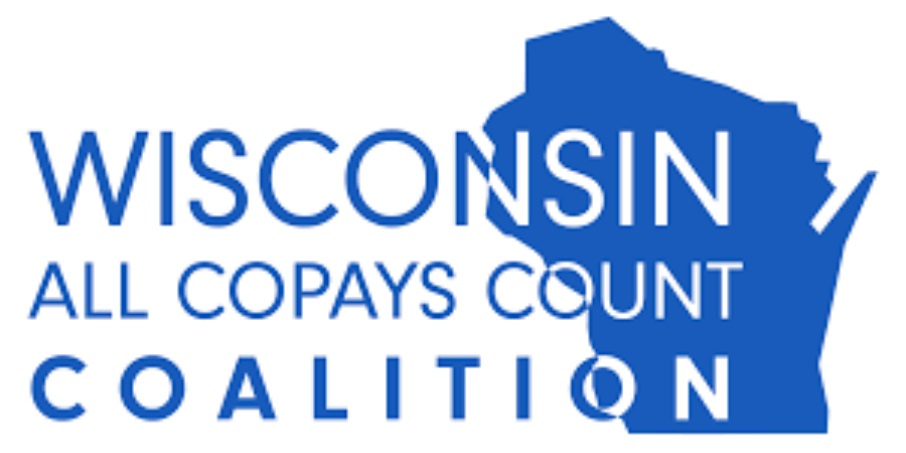
Wisconsin All Copays Count Coalition Gains Momentum, Addresses Challenges of Copay Accumulator Adjustors
In an effort to ensure that all copays count with insurance companies, and address the challenges of Copay Accumulator Adjustors, the Wisconsin All Copays Count Coalition (the Coalition) continues to gain momentum. Most recently, the Coalition addressed a Pharmacy Benefit Manager (PBM) proposal, which was defeated by the Group Insurance Board, and a new report that claims accumulator bans don’t impact premiums.
The Coalition worked with members of the Group Insurance Board to rejected a proposal by staff at the Department of Employee Trust Funds (ETF) and their PBM Navitus to enroll Wisconsin employees who are not currently enrolled in a patient assistance program, in a manufacturer patient assistance program. This was an attempt to capture funds for ETF and Navitus that were intended for patients with little or no insurance coverage. This plan was rejected by the Board in a 9-2 vote. The proposal would have financially rewarded the state’s PBM for trying to capture any funds intended for patients that need financial assistance and drawing as many of these dollars down into ETF funds.
The Coalition had several concerns with this program. First, manufacturer assistance programs are designed for patients who have little or no insurance. PBM abuse of these programs, for their and their payor’s (ETF in this case) financial benefit, jeopardizes the availability of these programs for those who need them. And second, this program contrasts the policy position of the federal government and Wisconsin Governor Tony Evers, along with a bipartisan group of 50 lawmakers, and is contrary to the direction the country is headed, with 19 states adopting legislation to ban copay accumulators. The Coalition noted that:
- The Federal Office of Personnel Management (OPM) has prohibited their health plan providers from offering maximizer and optimizer programs like ETF is proposing.
- Governor Tony Evers’s last two budget proposals would have implemented copay accumulator bans.
- Senate Bill 100/Assembly Bill 103, which has 50 Republican and Democratic co-sponsors, would prohibit the proposed program.
- Nineteen states, including most recently Texas and Colorado, have enacted legislation banning copay accumulator programs.
Although the proposal was rejected overwhelmingly by the Group Insurance Board, there is potential that ETF will attempt to bring the proposal back up at a meeting this this Fall. Therefore, the Coalition will continue to remain vigilant on this issue.
Opponents of SB100/AB103 have stated that copay assistance programs drive patients to more expensive brand-name drugs. This statement is false. SB100/AB103 ensure that plans can utilize programs to incentivize patients to use generic or therapeutic equivalents when they are available. They also have stated that bans on copay assistance programs cause premiums to increase. This statement is also false. Last week, the Global Healthy Living Foundation held a briefing event, Big or Small, Red or Blue – States with Laws Protecting Patient Assistance Programs have Not Seen Health Insurance Premium Hikes – where they discussed their FREE interactive tool that demonstrates state laws banning accumulator and maximizer clauses in health insurance plans have not increased the cost of insurance. Read more about the Global Healthy Living Foundation’s analysis and their free interactive tool.
To learn more about Copay Accumulator Adjustors and PBMs, visit our website.
Source: All Copays Count Coalition, Coalition of Wisconsin Aging and Health Groups